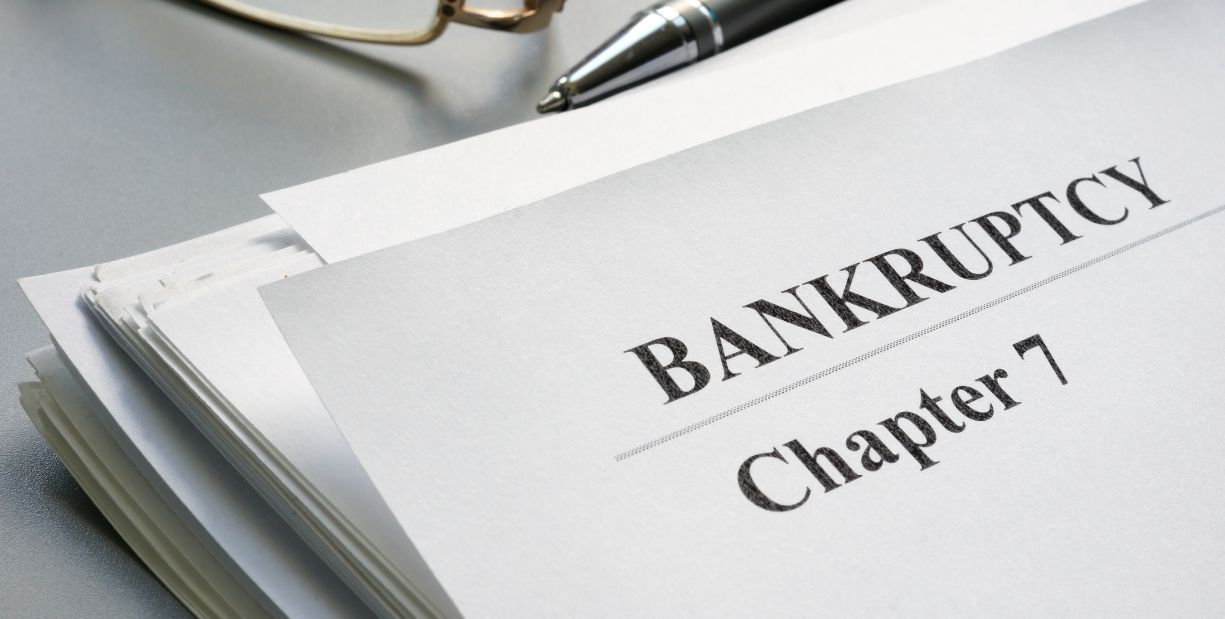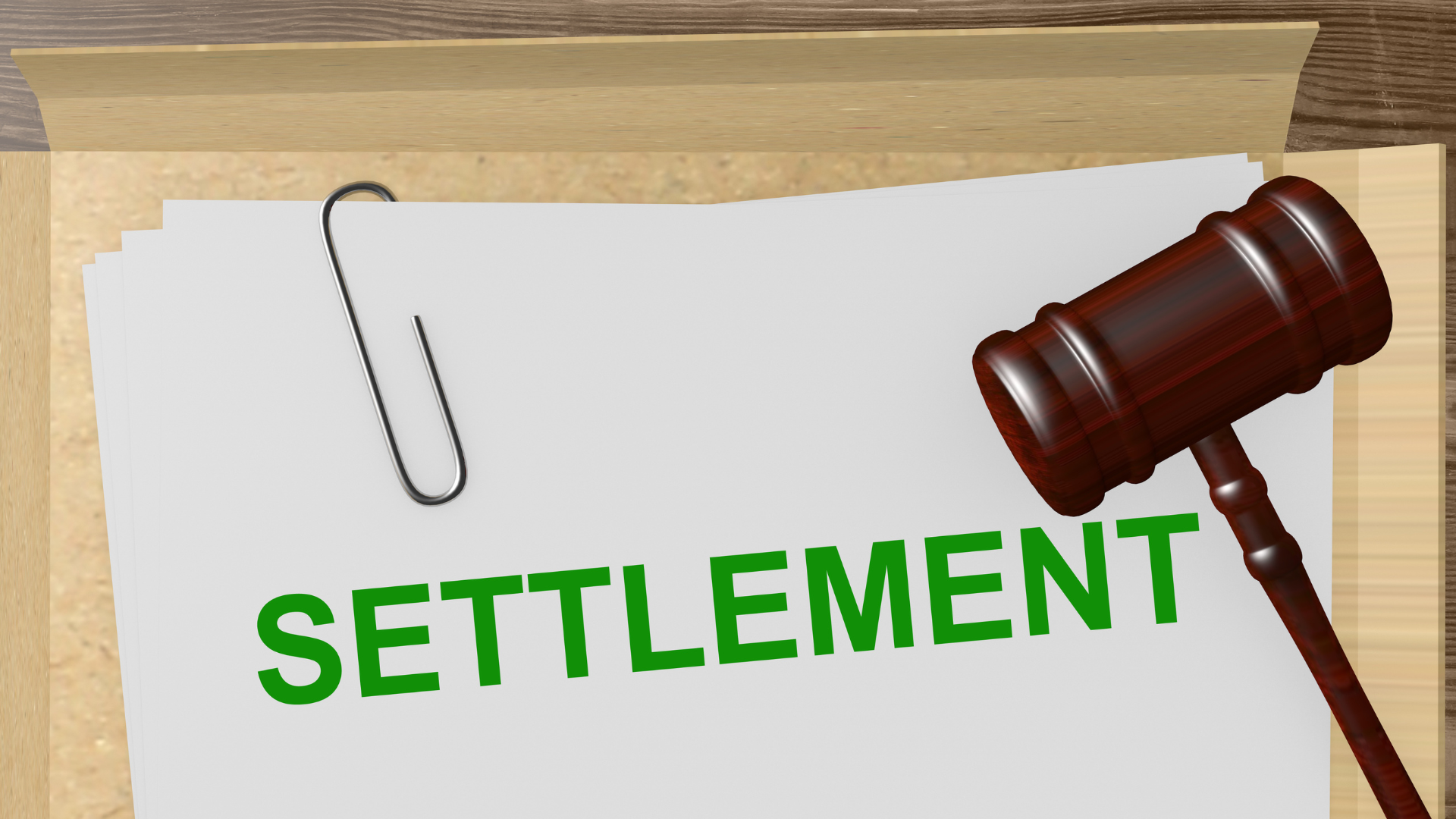What Is Merchant Cash Advance Debt?
This is a subtitle for your new post

Understanding Merchant Cash Advances
A merchant cash advance is not a traditional business loan. Instead of lending money with fixed interest and terms, MCA providers offer a lump sum of cash in exchange for a percentage of your future daily or weekly sales—typically taken automatically from your bank account. Here’s how it works:
- You receive a cash advance (say $50,000)
- You agree to repay $65,000, deducted as a percentage of daily credit card or total revenue
- The funder takes payments daily or weekly, regardless of your profit margin
What Is Merchant Cash Advance Debt?
Merchant cash advance debt refers to the remaining repayment obligation you owe to the MCA provider after taking the advance. Because these agreements often include high factor rates (multipliers like 1.3 or 1.5), your total repayment can be significantly higher than the original advance.
For example:
- Advance amount: $50,000
- Factor rate: 1.35
- Total repayment: $67,500
- Daily debit: $450/day (based on revenue projections)
Key Terms to Understand
How MCA Debt Becomes a Problem
While MCAs may seem like a quick fix, many business owners underestimate how fast the repayment schedule can strain cash flow.
Common Issues:
- Daily withdrawals hurt liquidity
- Sales volatility doesn't reduce payments
- Multiple advances (stacking) spiral out of control
- Legal enforcement through confession of judgment
- No breathing room to catch up on payroll or taxes
Is Merchant Cash Advance Debt Legal?
Yes—but it’s also a gray area. Because MCAs are technically not loans, they avoid many of the consumer protections, interest caps, and disclosure requirements that apply to lenders. This gives MCA funders more freedom—but also creates risk for borrowers.
In recent years, some states like California and New York have passed laws to increase transparency and limit the use of confessions of judgment, but enforcement varies.
Can MCA Debt Be Discharged in Bankruptcy?
In some cases, yes. MCA debt may be discharged under Chapter 7 bankruptcy or reorganized under Chapter 11 or Chapter 13, especially if:
- There’s no personal guarantee
- The MCA is classified as an unsecured debt
- The contract is deemed unconscionable or deceptive
Legal Issues with Merchant Cash Advance Debt
MCA providers are known for aggressive tactics, including:
- Filing confessions of judgment to freeze your accounts
- Calling customers or vendors to pressure repayment
- Flooding small claims courts to obtain fast judgments
- Imposing high default penalties and legal fees
What to Do If You're Struggling With MCA Debt
1. Review Your Contracts Carefully
Look for clauses like:- Personal guarantees
- Confession of judgment
- Default interest rates
- Jurisdiction for lawsuits
2. Talk to an MCA Defense Attorney
An attorney can help:- Negotiate reduced payoff amounts
- Challenge unfair contract terms
- File motions to vacate judgments
- Explore debt settlement or bankruptcy options
3. Avoid Taking Out Additional Advances
Stacking new MCAs to pay off old ones will only make the situation worse.4. Explore Legitimate Business Financing Options
You may qualify for:- SBA loans
- Business lines of credit
- Equipment financing
- Invoice factoring
Final Thoughts
Merchant cash advance debt is easy to take on and hard to escape. While MCAs can offer short-term liquidity, the long-term consequences often outweigh the benefits. With high repayment costs, daily withdrawals, and limited regulation, MCA debt has become a major burden for small businesses across New York and the U.S.
If you’re already in trouble, don’t wait for your accounts to be frozen or your business to collapse. Contact an attorney who understands MCA litigation and negotiation. You may have more options than you think.











